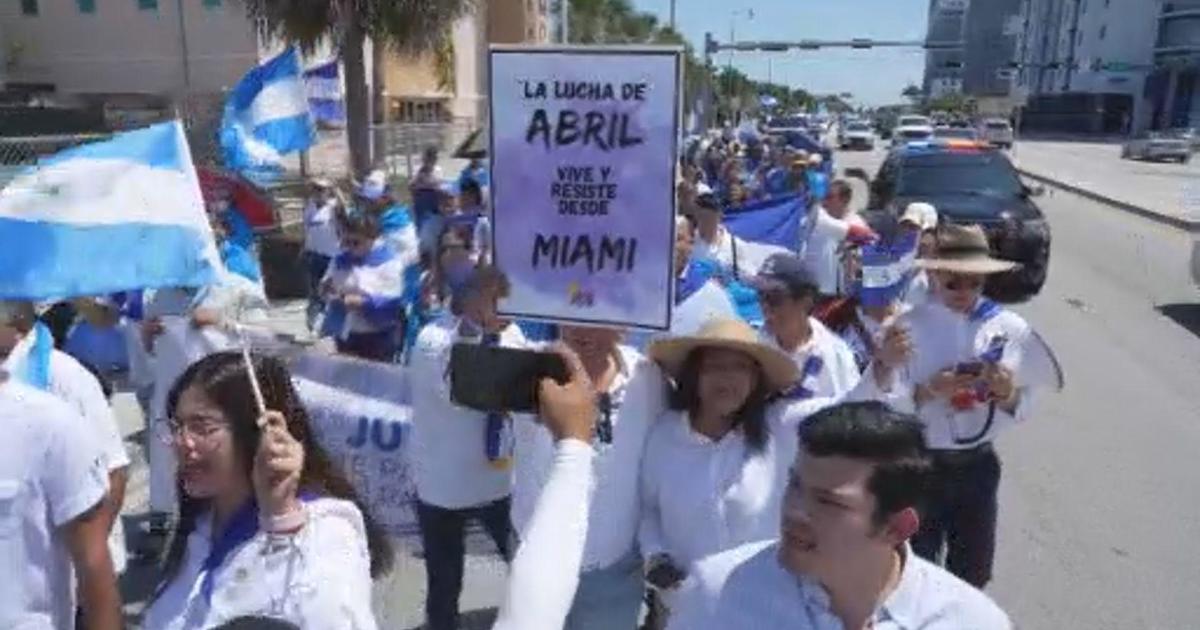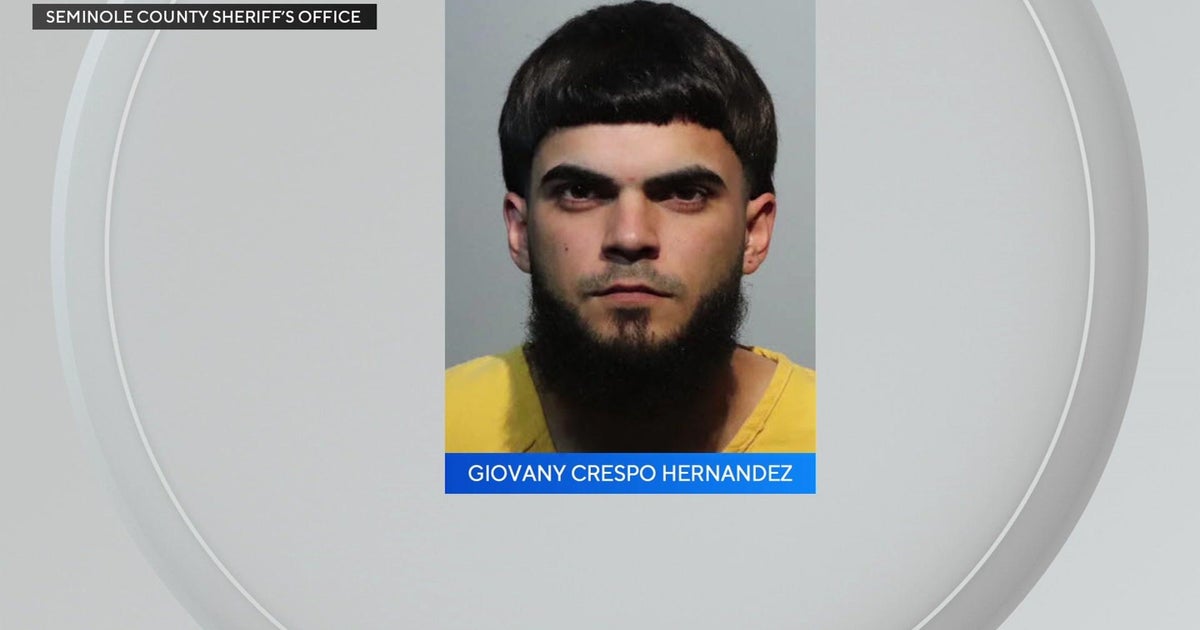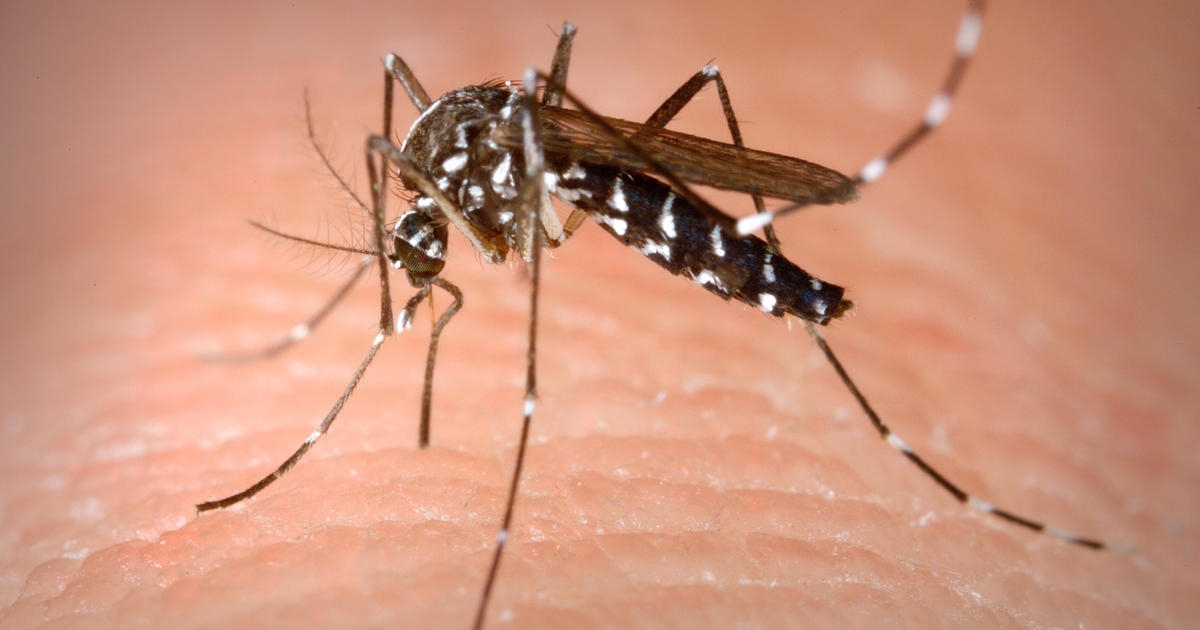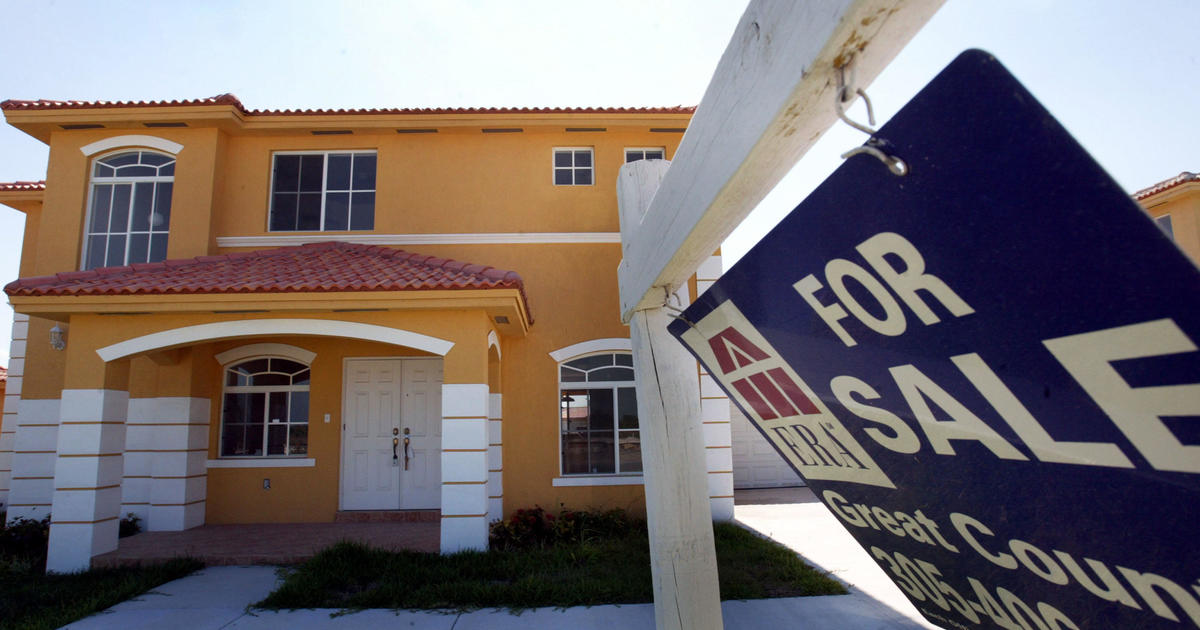Venezuela Pres: 'Miami lobby' Leads US Policy
CARACAS, Venezuela (CBSMiami/AP) – Venezuela's President Nicolas Maduro believes that South Florida politicians, like Marco Rubio, are leading the country into an extremist foreign policy against his country.
Maduro, during a televised news conference on Friday, said that U.S. Senator Marco Rubio and U.S. Representative Ileana Ros-Lehtinen are leading a "Miami Lobby" trying to influence President Barack Obama.
Rubio and Ros-Lehtinen are co-sponsoring efforts in their respective chambers to impose sanctions on members of the Venezuelan government tied to human rights abuses.
"Obama can't let himself be taken by the Miami lobby," Maduro said. "I call on the United States to take it easy. They're taking President Obama to an abyss and he's going to end up crashing."
Anti-government street protests by Venezuelans fed up with violent crime, shortages of basic items such as flour and cooking oil and annual inflation that rose above 57 for the 12 months ending in February, have roiled Venezuela for more than a month. The Venezuelan government says at least 25 people have died in the turmoil since Feb. 12.
Daily street protests have rocked parts of the capital and other cities. After three people died in the central city of Valencia Wednesday, Maduro said he was stepping up security operations and called on the National Guard to begin searching buildings in areas where violence erupts.
Since the start of the protests, the government has accused the U.S. of trying to overthrow his government. Last month, Venezuela expelled three U.S. diplomats, accusing them of organizing students to participate in anti-government protests.
Venezuelan Foreign Minister Elias Jaua echoed that theme Friday, singling out U.S. Secretary of State John Kerry a "murderer of the Venezuelan people."
"Each time we're about to isolate and reduce the violence, out comes Mr. Kerry to speak," and up go the barricades and the violence, Jaua said.
On Thursday, Kerry told a congressional committee that the U.S. was looking for a way to get Maduro to engage in dialogue with his own people and respect human rights.
Destabilizing the Venezuelan government would have "unbearable consequences" for the United States, Maduro said. And if Venezuela were destabilized, it would bring "the worst period of political and economic instability in Latin America."
The Venezuelan Central Bank and National Institute of Statistics announced Friday that the inflation rate for February was 2.4 percent, making the cumulative rate for the past 12 months 57.3 percent. February's rate was down from 3.3 percent in January.
The country's economic challenges continue mounting.
Maduro said Friday that any foreign airlines that reduced or suspended flights in and out of Venezuela would face severe measures.
"There's no excuse for airlines to reduce flights to Venezuela," he said. Airlines have struggled under a $3.3 billion debt owed by the government. He said any airline that left would not be allowed back as long as he's in power.
And U.S. automaker Chrysler told The Associated Press Friday that it had cut its vehicle production in Venezuela by 45 percent, because it was unable to get the parts for assembly.
Milka Torres, Chrysler's spokesman in Venezuela, said the plant in Valencia is producing 30 to 35 vehicles per day, down from 55 per day.
(TM and © Copyright 2014 CBS Radio Inc. and its relevant subsidiaries. CBS RADIO and EYE Logo TM and Copyright 2013 CBS Broadcasting Inc. Used under license. All Rights Reserved. This material may not be published, broadcast, rewritten, or redistributed. The Associated Press contributed to this report.)



